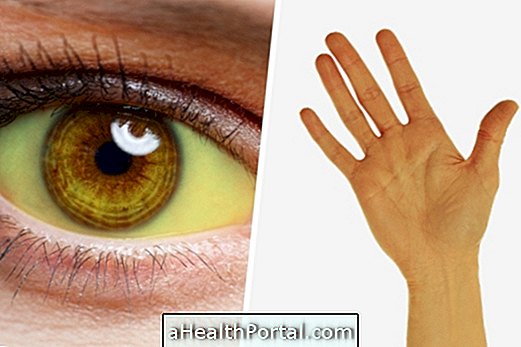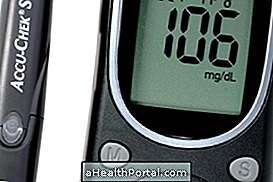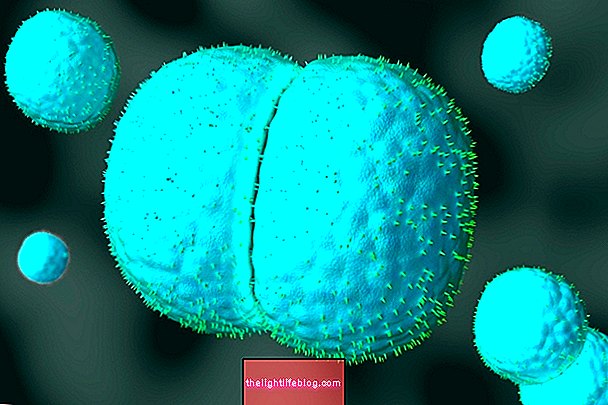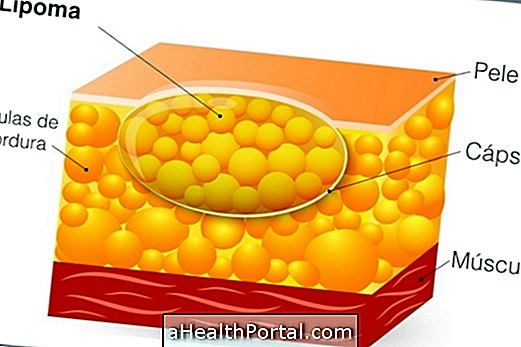Yellowish eyes usually arise when there is an excessive accumulation of bilirubin in the blood, a substance that is produced by the liver and is therefore altered when there is a problem in this organ, such as hepatitis or cirrhosis, for example.
However yellowish eyes are also very common in newborns known as neonatal jaundice, but in these cases, it usually happens because the liver is not yet fully developed, and it is necessary to treat with special lights to eliminate excess bilirubin of the organism. Understand better what is neonatal jaundice and how it is treated.
Thus, when this symptom arises, it is important to consult a general practitioner to make diagnostic tests, such as blood, ultrasound, or tomography tests, and to identify if there is any change in the liver or organs of the digestive system that needs to be treated.

Because dark urine may also appear
The appearance of dark urine associated with the presence of yellow eyes is a classic symptom of hepatitis, so it is advisable to seek a doctor to have the disease diagnosed by examination and then treatment is started.
Hepatitis is a disease caused by viruses that can become chronic and, therefore, does not always have a cure, but treatment can prevent liver complications such as cirrhosis and improve quality of life. Learn to recognize the symptoms of hepatitis.
What causes yellow eyes in newborns
Yellow eyes in the newborn are usually caused by a condition called neonatal jaundice, which is characterized by excess bilirubin in the baby's bloodstream.
This is common in newborns and does not always require treatment, and it is only indicated that the baby is breastfed or takes the bottle every 2 hours to facilitate the elimination of intestinal waste.
However, if jaundice worsens or if the baby has very yellowish eyes and skin, phototherapy may be used, in which the baby must remain in an incubator with direct light on it, being withdrawn only for feeding, the changing of the diapers and the bath.
Usually neonatal jaundice occurs on the 2nd or 3rd day of the baby's life and is still treated in the maternity ward, but if the baby has yellowish eyes and skin, talk to the doctor, especially if this yellowish tone is present in the baby's belly and legs, being easily identified.























